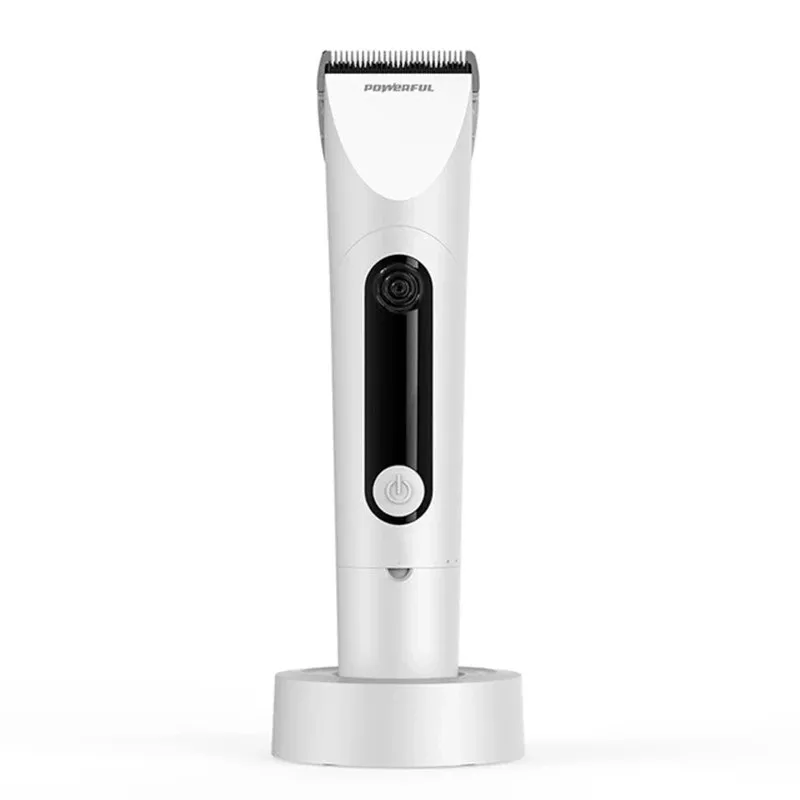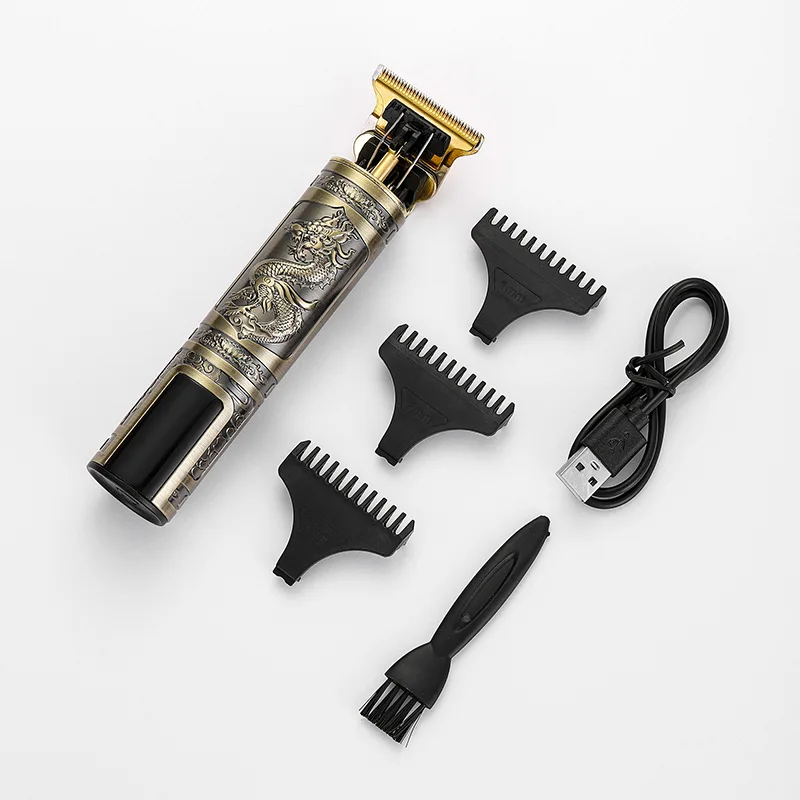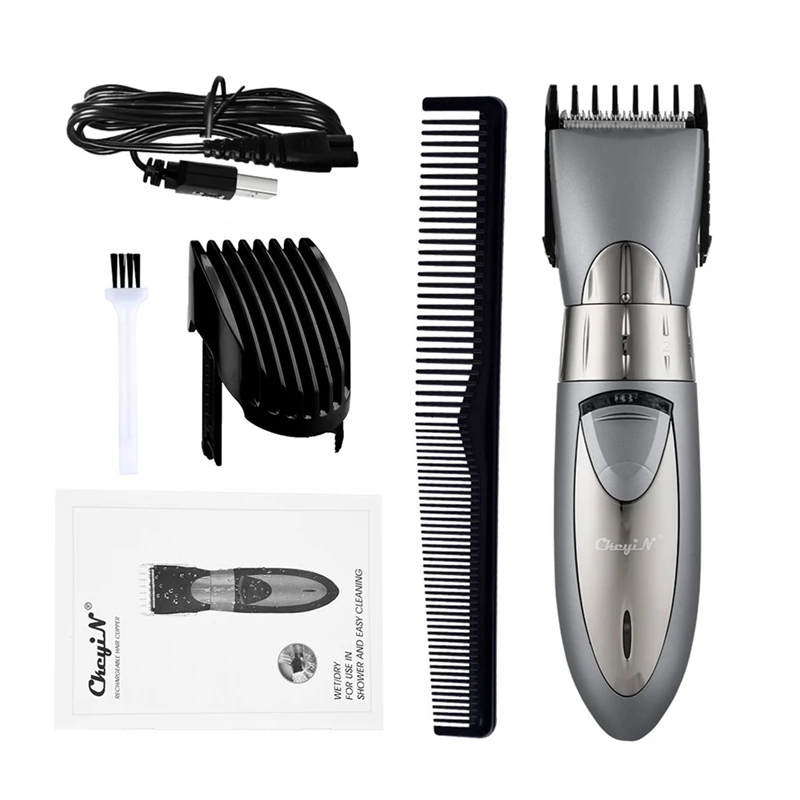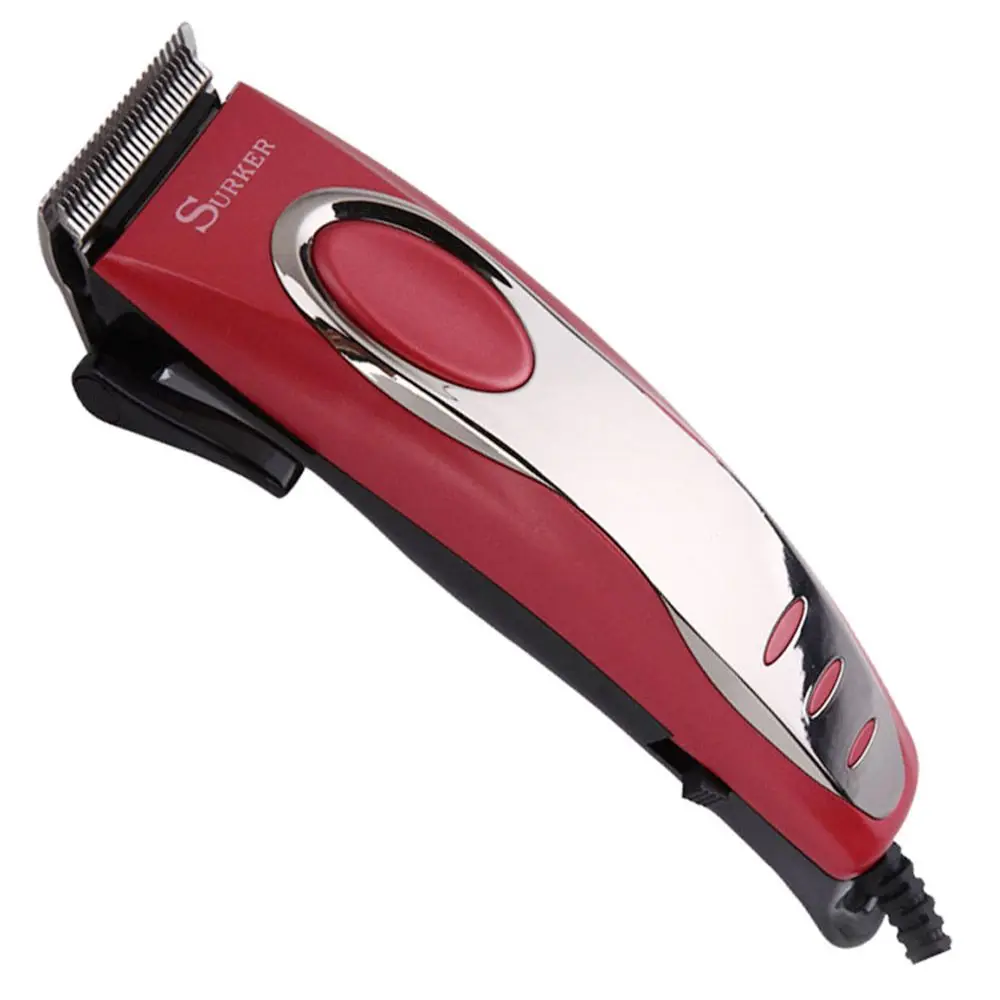The Ultimate Guide to Choosing the Right Razor Hair Cutter
In the world of hair cutting, the right tools can make all the difference. A razor hair cutter, often simply referred to as a razor, is a crucial instrument for achieving the perfect hair texture, shape, and style. Whether you’re a professional stylist or someone who enjoys grooming at home, knowing how to choose the right razor hair cutter can enhance your hair cutting experience. This guide will delve into all the essential aspects to consider when selecting the ideal razor hair cutter for your needs.
Understanding the Basics of Razor Hair Cutters
What is a Razor Hair Cutter?
A razor hair cutter is a specialized tool used to cut and style hair, typically designed with a thin, sharp blade. Unlike traditional scissors, razors can create a softer, more textured finish, allowing for a wider range of styles. They are popular for layering hair, creating fringes, and achieving softer lines, making them a favorite among many hairstylists.
Types of Razor Hair Cutters
Razor hair cutters come in various types, each suited for different styling needs. Understanding these types is crucial for making an informed decision.
Straight Razors
Straight razors feature a single, long blade that can offer precision cuts. These razors are often favored for traditional barbering and can produce a very clean finish. However, they may require more skill to use effectively.
Razor Combs
Razor combs are versatile tools that combine a comb with a razor blade. They are ideal for both cutting and texturizing hair. Razor combs are easy to use, making them a popular choice for both beginners and professionals.
Disposable Razors
These are single-use razors, often featuring a plastic handle and a fixed blade. They are cost-effective but may not deliver the precision and quality of more durable options. Disposable razors are suitable for quick touch-ups or travel.
Texturizing Razors
Texturizing razors usually have multiple blades, allowing stylists to remove bulk from the hair without significantly altering the length. They are great for creating layered looks and adding movement to hairstyles.
Key Features to Consider
When choosing a razor hair cutter, several features can impact your cutting experience. It’s important to evaluate these before making a purchase.
Blade Quality
The blade quality is paramount in determining how well the razor cuts. A high-quality, sharp blade can significantly enhance your cutting precision and the smoothness of the finish. Look for razors made from stainless steel or carbon steel, both of which are known for their durability and sharpness.
Handle Comfort
Comfort is essential, especially for professionals who may use the razor for extended periods. Look for razors with ergonomic handles that provide a secure grip. Some razors come with rubberized grips or textured surfaces to prevent slipping, which can further enhance comfort during use.
Weight and Balance
The weight and balance of a razor can affect its maneuverability and ease of use. A well-balanced razor will feel comfortable in your hand and allow for greater control. It’s a good idea to try out different razors to find one that suits your style of cutting and feels right.
Versatility
Consider how versatile the razor is. Some razors, such as razor combs, can be used for both cutting and texturizing, while others may be more specialized. A versatile tool can expand your styling options and serve multiple purposes.
Price Range
Razor hair cutters come in a wide range of prices. While it’s tempting to go for the cheapest option, investing in a high-quality razor can pay off in terms of performance and longevity. Consider your budget but prioritize quality and features that meet your needs.
Maintenance and Replacement Blades
Depending on the type of razor you choose, maintenance requirements may vary. Straight razors require regular sharpening and honing, while disposable razors will need to be replaced frequently. Be sure to consider how much maintenance you’re willing to commit to when selecting a razor.
The Importance of Choosing the Right Razor for Your Hair Type
Fine Hair vs. Thick Hair
Different hair types require different cutting techniques and tools. A razor hair cutter can be beneficial for fine hair by adding volume and texture. In contrast, individuals with thick hair may require a more robust razor to effectively cut through the bulk.
Curly vs. Straight Hair
Curly hair can be challenging to cut with scissors alone, making razors a great option. They help reduce bulk while maintaining the curls’ natural shape. For straight hair, razors can create sharp lines or soft layers, depending on the desired look. Understanding your hair type will help you choose the right razor that complements your natural texture.
Hair Length Considerations
Your hair’s length significantly influences your choice of razor hair cutter. For shorter styles, a straight razor may provide the precision needed for clean lines. Longer hair often benefits from a texturizing razor, which creates movement and prevents the hair from looking heavy.
Demonstrating Techniques with a Razor Hair Cutter
Basic Cutting Techniques
Many cutting techniques can be effectively executed with a razor hair cutter. Here are a few basics to get you started.
The Point Cutting Technique
This technique is used to create texture and soften harsh lines. Hold the razor at a slight angle to the hair and lightly drag the blade through the ends. This not only removes bulk but also creates a naturally layered look.
The Sliding Technique
The sliding technique involves sliding the razor down the hair shaft while applying light pressure. This technique is great for removing weight from thicker hair and can create soft, blended layers.
The Razor Cut Technique
For a more dramatic change, the razor cut technique is an effective way to completely reshape a hairstyle. Using a straight razor, you can cut sections of hair at various angles to achieve a more textured finish.
Precautions When Using a Razor Hair Cutter
Using a razor hair cutter can be risky if not done properly. Here are some precautions to keep in mind:
Safety First
Always ensure the blade is sharp and in good condition to avoid any accidents. Use a guard when possible, and be mindful not to apply too much pressure to prevent cuts and injuries.
Sectioning the Hair
Before cutting, make sure to section the hair properly. This will not only make the cutting process easier but also help you achieve more precise results.
Hydration of Hair
For best results, consider dampening the hair slightly before cutting. Wet or damp hair is easier to control and can produce cleaner cuts, minimizing the risk of frizz.
Maintenance Tips for Your Razor Hair Cutter
To keep your razor hair cutter functioning at its best, regular maintenance is essential.
Regular Cleaning
After each use, wipe the blade to remove hair clippings and product buildup. This helps to maintain the blade’s sharpness and effectiveness.
Sharpening Your Razor
For razors that require sharpening, investing in a good sharpening stone or tool can make a significant difference. Regular sharpening ensures the blade remains effective and can prevent damage during cutting.
Proper Storage
Store your razor in a suitable case or holder to protect the blade from damage. Avoid tossing it in a drawer with other tools to prevent dulling and potential injury.
Evaluating Repair vs. Replacement
In some cases, it may be more cost-effective to replace your razor hair cutter rather than continually investing in repairs.
Age of the Cutter
Consider the age of your cutter. If it’s an older model with outdated technology, replacement might offer enhanced features and energy efficiency.
Cost Comparison
Compare the cumulative repair costs with the price of a new cutter. If repairs approach or exceed the cost of a new model, replacement might be the better option.
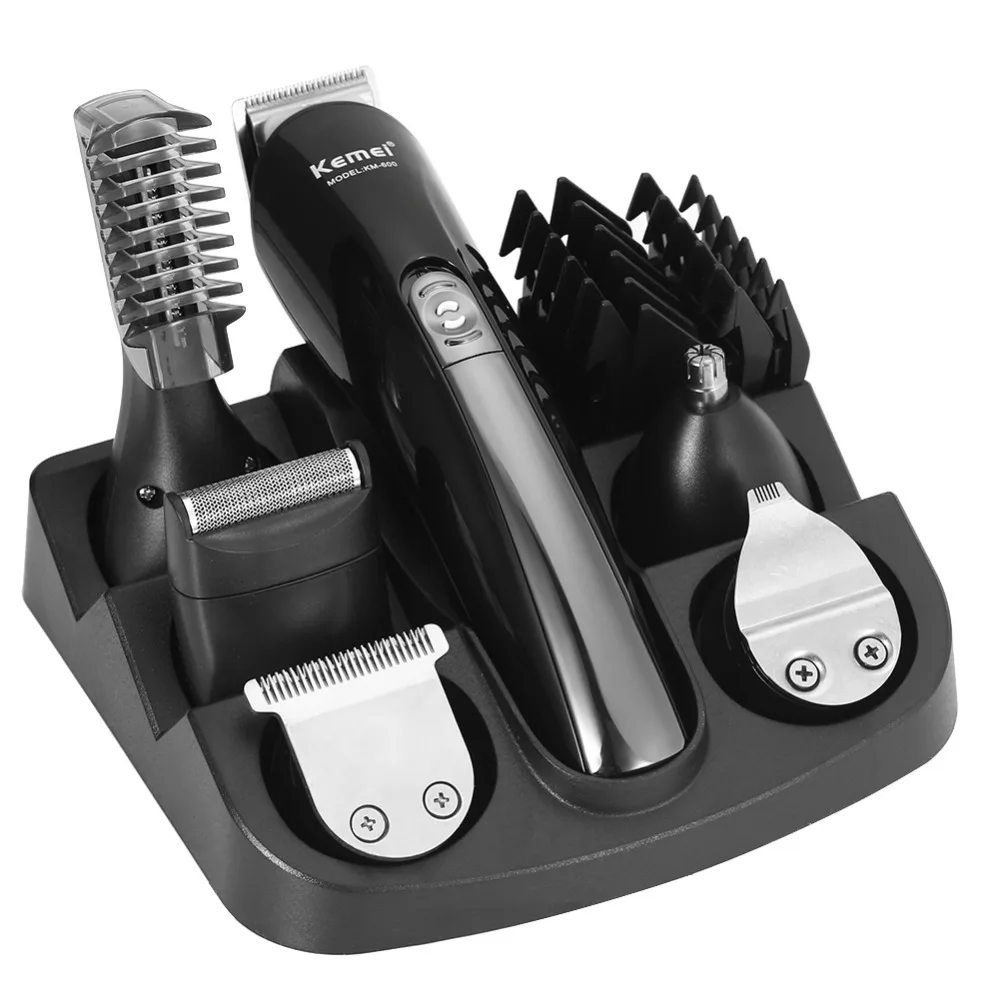 Choosing the Right Repair Service
Choosing the Right Repair Service
Selecting the right repair service is crucial for quality repairs at reasonable costs.
Research and Reviews
Look for services with good customer reviews and ratings. Positive feedback often indicates reliable and trustworthy technicians.
Certification and Experience
Choose repair services with certified and experienced technicians. Certification ensures they have the necessary skills to handle your specific model effectively.
Cost Estimates
Request cost estimates from multiple repair services to compare and find the best deal. Transparent pricing and detailed estimates prevent unexpected expenses.
Conclusion
Choosing the right razor hair cutter is an essential step towards achieving the perfect hairstyle, whether at home or in a professional setting. By understanding the features, types, and techniques associated with razor hair cutters, you can enhance your hair cutting skills and explore new styles. Remember that the key to mastering the art of razor cutting lies in practice and experimentation. Investing time in selecting the right tool and learning the techniques is the gateway to a world of creative hairstyle possibilities with your razor hair cutter. By prioritizing quality and comfort, you can ensure that your styling experience is nothing short of exceptional.
